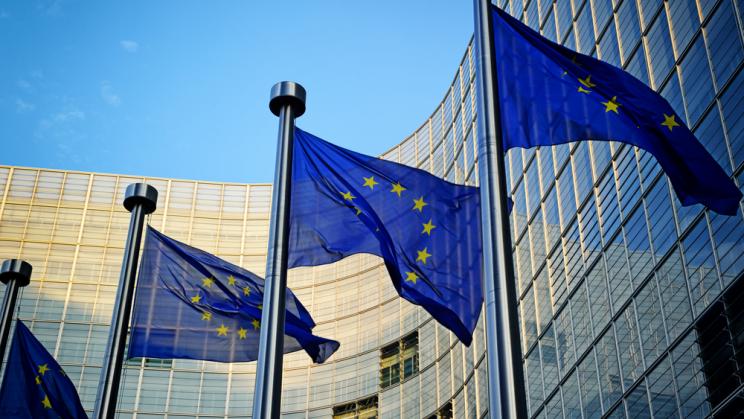EU Non-Proliferation and Disarmament Consortium
The EU Non-Proliferation and Disarmament Consortium forms the core of a wider network of European non-proliferation and disarmament think tanks and research centres which the Consortium is responsible for promoting and coordinating. Since 2010, The EU Consortium has been managed jointly by SIPRI, la Fondation pour la Recherche Stratégique in Paris (FRS), the Peace Research Institute in Frankfurt (HSFK/ PRIF) and the International Institute for Strategic Studies in London (IISS), in close cooperation with the High Representative of the Union for Foreign Affairs and Security Policy. In 2018, following a new Council Decision further extending EU support for the project, the membership of the Consortium now includes also the International Affairs Institute in Rome (IAI), and the Vienna Center for Disarmament and Non-Proliferation (VCDNP).
The Consortium and the Network aim to support the EU action to support non-proliferation and most recently, as recommended by the European Parliament and reflected in their amended names, their objectives have been widened to explicitly include contributing to disarmament. The Consortium and the Network's mandate is not limited only to issues relating to weapons of mass destruction (WMD), but also comprises conventional arms, including small arms and light weapons (SALW). To this end, the Consortium can also establish cooperation with specialized institutions and research centres in third countries, in particular in those with which the EU is conducting specific non-proliferation dialogues.
The Consortium works through the organization of expert meetings, a major annual international conference, ad hoc seminars, through the development of a dedicated website and through a family of publications. The Consortium also offers educational tools such as e-learning courses and internships. Finally, upon request, the Consortium provides the EU with ad-hoc expertise through the management of an Help-Desk facility. Since 2018, the Consortium is also responsible for the organization of proliferation awareness trainings for specialists in the natural sciences and other relevant fields and the arrangement of annual study visits to Brussels for participants in the UN Programme of Fellowships on Disarmament.
